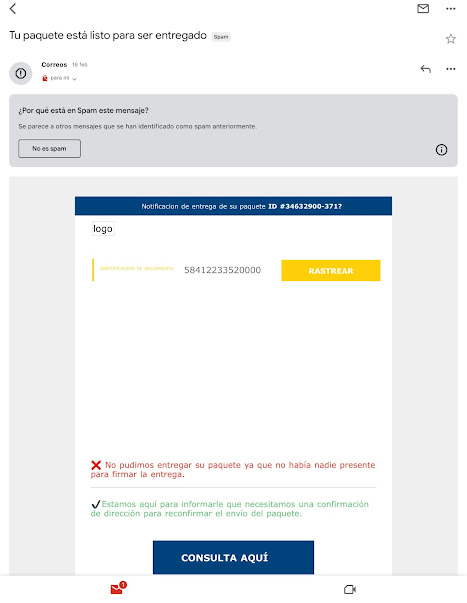ANNOTATIONS, Lesson 1
Here you will find notes about the unit 1.
Lesson 1: Navigation and Search.
• The Internet is the network of machinery that provide access to several communication services, for example allow us to access to the WEB or WWW (World Wide Web), but exists other services (email, file sharing protocols, …).
• The Web is a collection of pages with different kind of content.
• A page is a document or electronic information capable of containing text, sound, video, programs, images and links to other resources that can be accessed through a web browser.
Search engines:
• filetype:type_format
• site
• *
• Range of information using ".."
• Define
The I'm Feeling Lucky button bypasses that search results page and goes directly to the first-ranked page for the search phrase you entered.
Every day we receive infinite information in Internet through various media such as social networks.
We need concrete strategies and tactics for tracing claims to sources and for analyzing the nature and reliability of those sources. The web gives us many such strategies, tactics, and tools, which, properly used, can get closer to the truth of a statement or image within seconds.
Types of fake news:
On finance, politics, public figures, sports, government decisions, health, sometimes it's the journalist's mistakes when publishing, humorous media.
4 moves are things they can do to get closer to the truth:
1. Check for previous work: see if someone has already done the work for you, someone else has already fact-checked the claim or provided a synthesis of research.
2. Go upstream to the source: Most web content is not original. Get to the original source to understand the trustworthiness of the information.
3. Read laterally: read what other people say about the source.
4. Circle back: If you get lost, hit dead ends, or find yourself going down an increasingly confusing rabbit hole, back up and start over knowing what you know now.
Check your emotions.
When you feel strong emotion–happiness, anger, pride, vindication–and that emotion pushes you to share a “fact” with others, STOP. Above all, these are the claims that you must fact-check.
More advices:
• First be suspicious and follow your instincts.
• Don't just keep the headline, check the content.
• Look at the date.
• How many media have published.
• Misspelling.
Example: https://nquire.org.uk/mission/fact-orfake/contribute
Libraries and content storage:
Libraries also offer websites where they publish information that can be:
• References of physical books.
• Electronic books (e-Books).
E-books are a source of high-quality information. However, in some cases they may be limited to use within an organism. For example, Safari eBooks can be accessed through the website of Rey Juan Carlos University.
You can find resources and even complete courses on different educational websites, which ensure the quality of their content:
• http://www.ite.educacion.es/
• http://www.educared.org/
• http://www.educateca.com/
• http://www.kalipedia.com/
• http://mit.ocw.universia.net/
• http://miriadax.net/
• https://www.edx.org/
• https://www.coursera.org/
Bookmarks:
When you are a regular user of the Internet, you usually have some websites with more use. A bookmark or electronic bookmark is a method of saving a web page's address. You can save your bookmarks in a web browser.
You need a Chrome or Firefox account to use it in other computer. If you prefer, you can use an external platform for “Social Bookmarks” and share with more people:
• Diigo
Or general social networks:
• …

Comments
Post a Comment